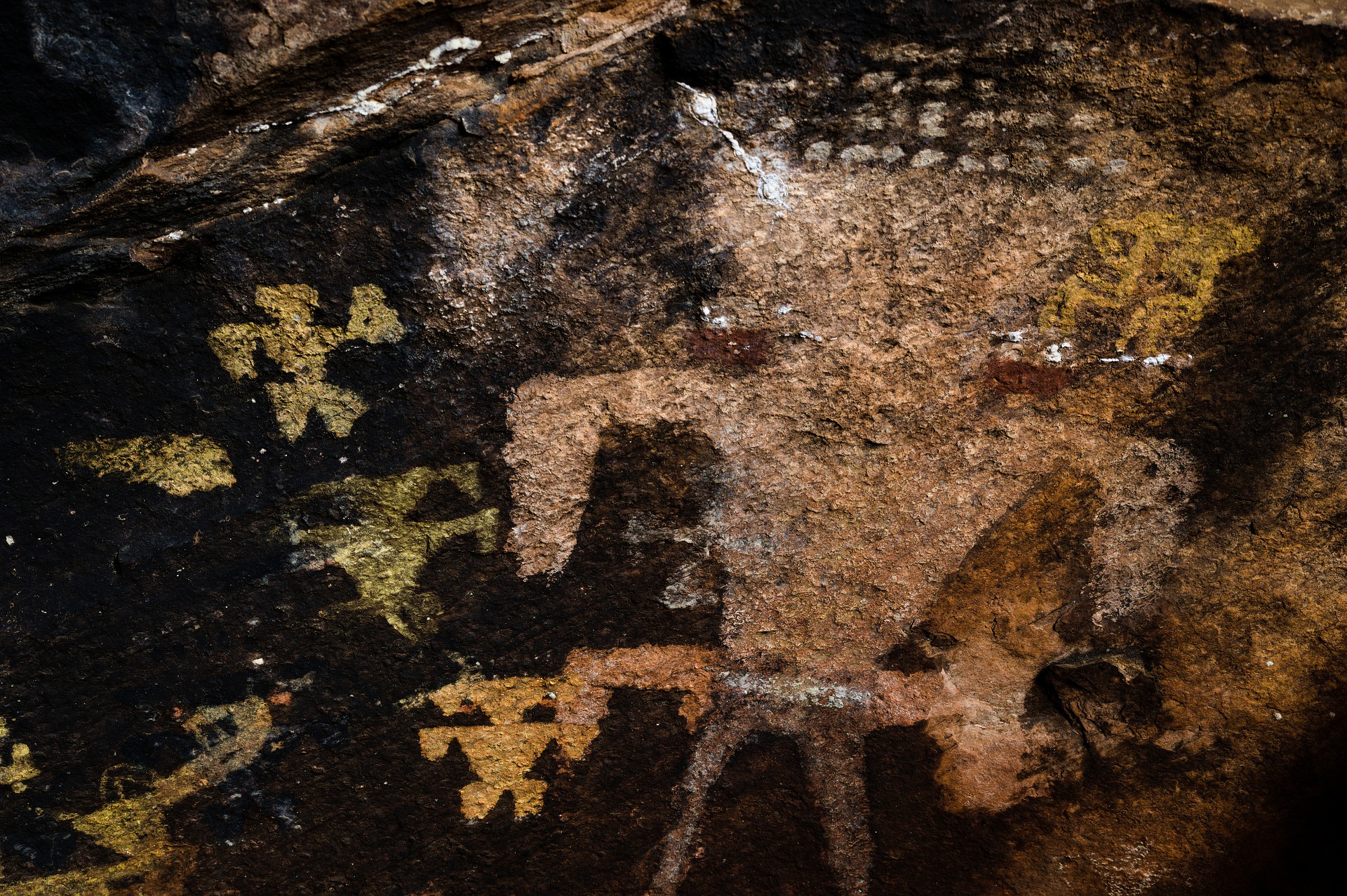To celebrate the International Day of the World’s Indigenous Peoples, I decided I would spend some time to try and understand how the following have changed overtime:
- Terms used when referring to indigenous people(s)
- Topics of interest when discussing indigenous topics
To extend the analysis, I have chosen two countries to see where there are similarities and differences. The two countries are Canada and Australia, I have chosen them for the following reasons:
- Having native people(s)
- Previous UK colony status
- Close US relationships
- Similar welfare system and political system
Sooner than searching for existing research datasets that reflect both Australia and Canada, I have decide to use Google Trends. I suggest that search behavior is an effective barometer for the purpose of this exercise.
The numbers used in all graphs represent the search interest relative to the highest point on the chart for the given region and time. A value of 100 is the peak popularity for the term. A value of 50 means that the term is half as popular. A score of 0 means there was not enough data for this term.
Language
Given I am looking at two countries, the first goal was to consider the terms used in each as they are likely to be different.
Australia
Australia has two main terms, Aboriginal remains the most widely used.
Canada
Canada has five prevalent terms, interestingly the usage has changed overtime. We now see that since 2017, Indigenous has been more widely used than Aboriginal. There is also more regional variation than seen in Australia.
Based on the above graphs, I have chosen to use the following keywords when carrying out analysis on areas of interest.
| Country | Keyword |
| Canada | Indigenous |
| Australia | Aboriginal |
I apologise to the French speaking Canadians for not taking them into consideration (i.e. English or French), however, I am looking at relative trends, not absolute values.
Interests
Now that we have chosen the terms to use, we can discover the topics of interest and if they have changed. I have limited the analysis to 5 topics that I arrived at by ranking them based on search activity, this does not mean that they are the most ‘important’.
I encourage you to change any of them by simply drilling into the graph and making the necessary changes. Clear contenders include terms like:
- Indigenous People Day
- National Sorry Day
- NAIDOC
- Stolen Generation
Note that I have used the start date of Jan 2017 to remove the impact of Canada’s change from the term of Aboriginal to Indigenous.
Australia
The graph shows clear seasonality, with a drop off in activity over the long summer break, there is also a clear increase in the usage of Aboriginal People during 2020
In regard to topics, Australia has some significant regional variations, whilst the topic of treaty is consistently high, particularly in Tasmania, we can see from above that NT and SA have a higher level of interest in health and people.
Canada
In Canada, the term Treaty comes out as a clear leader in topics.
There are some potential issues in this map due to the absence of any terms other than Treaty in the Nunavut, Yukon or the Northwest Territories. I suspect this may be a feature of how Google categories the search terms and the relatively low populations.
Comparison
So how do Canada and Australia compare? Well, similarly in many ways is the answer. I have compared the average values available in 2020 for this graph.
Yes, there are some differences, Canada has the dominant topic of Treaty, where as Australia has People and Treaty, while both countries have consistent ordering of Health, Land and Culture. What stands out for me though is not what is most frequently searched for, but what is the least searched for, and that is Culture. Hopefully, this is not indicative of a broader lack of interest, what a terrible waste if it is.
Image by usuario322 from Pixabay


